In the previous two posts, I show that out of pocket costs are rising given the increasing prevalence of high deductible insurance plans. That means that even though you have insurance, you are going to be paying for your own care until you reach the deductible.
Here is a picture showing that out-of-pocket costs are also rising at the point of insurance purchase. When people buy health insurance in the US, much of the cost is often picked up by their employer. It’s still the person’s money, of course. Money is fungible, and the employer “contribution” is, ultimately, coming out of people’s take home pay. But it doesn’t FEEL like it costs money, because we employees never pay those bills. We only pay a portion of our insurance premiums.
Well the absolute dollar value of that portion has been growing quickly, as shown by this picture, once again from the Kaiser Family Foundation:
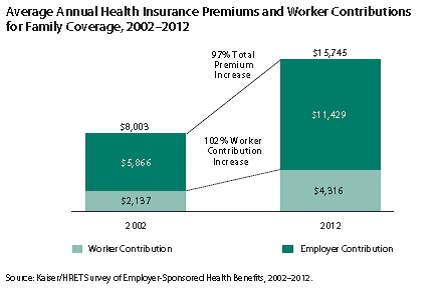
A more than doubling of people’s contribution to their insurance, in only 10 years. Hard to deny that health care costs are taking a toll!
(Click here to view comments)

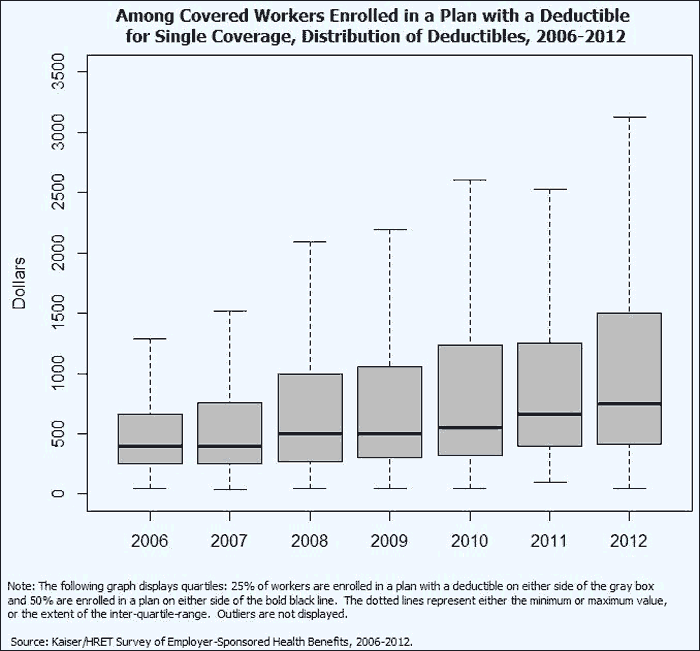
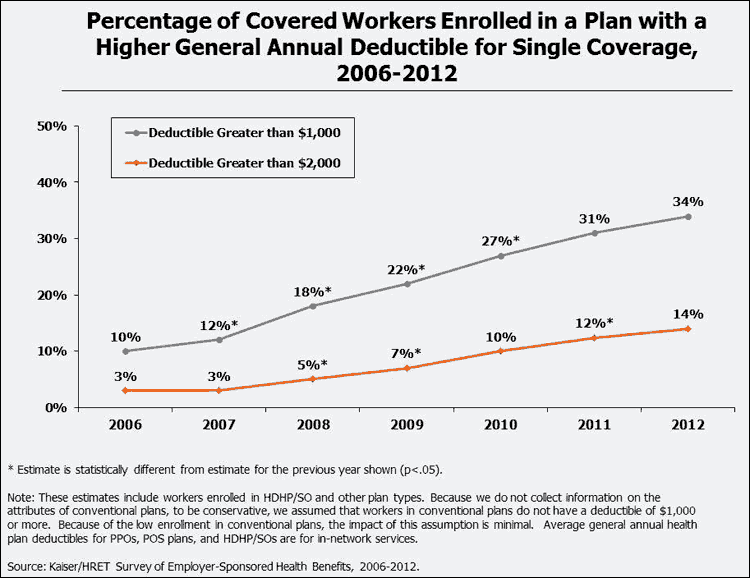
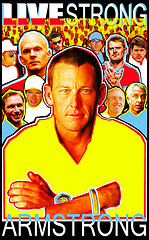 Lance Armstrong cheated and bullied. These are not shocking revelations. Oscar Pistorius had a history of altercations with his girlfriend and is now accused of murder. More shocking, by far, but hardly the first athlete to be accused of such wrong doing.
Lance Armstrong cheated and bullied. These are not shocking revelations. Oscar Pistorius had a history of altercations with his girlfriend and is now accused of murder. More shocking, by far, but hardly the first athlete to be accused of such wrong doing.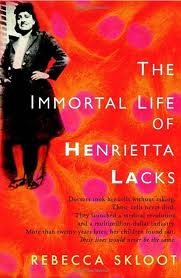 In her deservedly best-selling book, The Immortal Life of Henrietta Lacks, Rebecca Skloot reproduces the language of Lacks’s informed consent document when she was about to undergoing her cancer surgery at Johns Hopkins in 1951:
In her deservedly best-selling book, The Immortal Life of Henrietta Lacks, Rebecca Skloot reproduces the language of Lacks’s informed consent document when she was about to undergoing her cancer surgery at Johns Hopkins in 1951: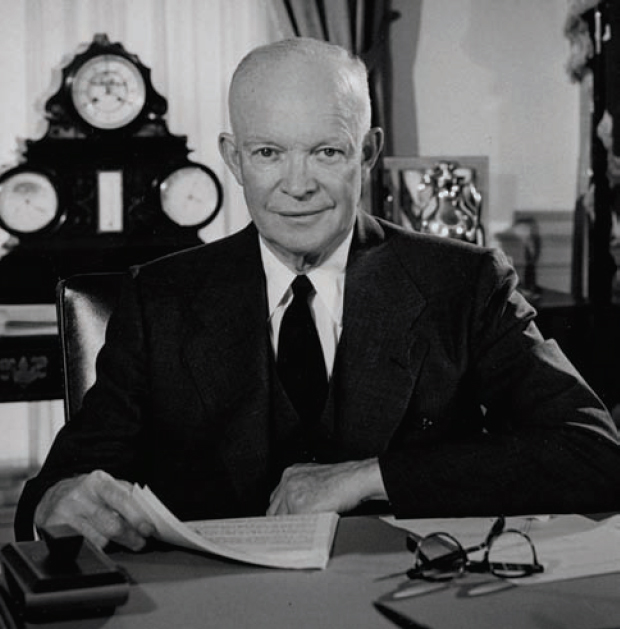 As Jim Newton pointed out several times in his book on the White House Years, Eisenhower valued balancing the budget. Sometimes that meant controlling social welfare spending. But it also meant trying to restrain military spending and foregoing tax cuts, even when his Vice President, Richard Nixon, was running for Presidency and needed a lift in the polls.
As Jim Newton pointed out several times in his book on the White House Years, Eisenhower valued balancing the budget. Sometimes that meant controlling social welfare spending. But it also meant trying to restrain military spending and foregoing tax cuts, even when his Vice President, Richard Nixon, was running for Presidency and needed a lift in the polls.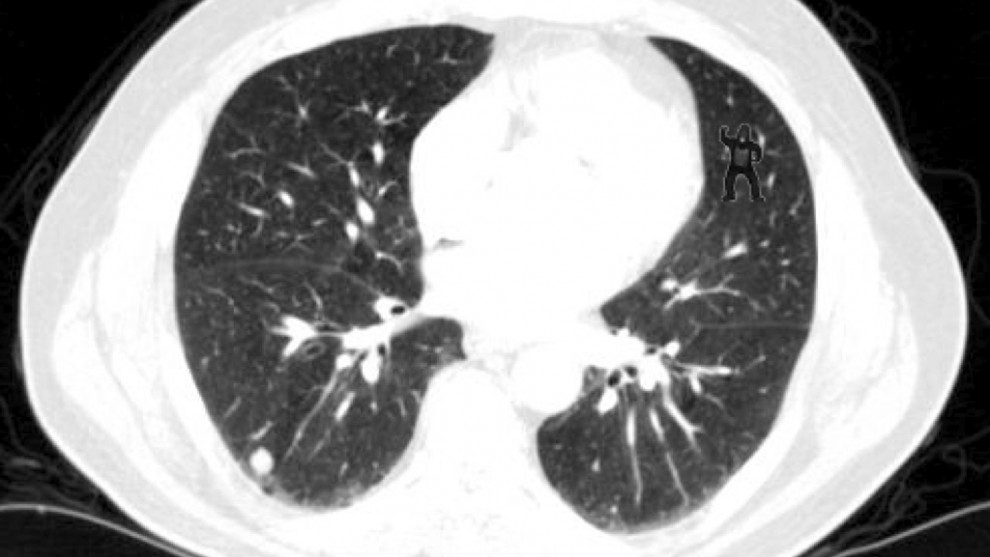
 Here is a link
Here is a link